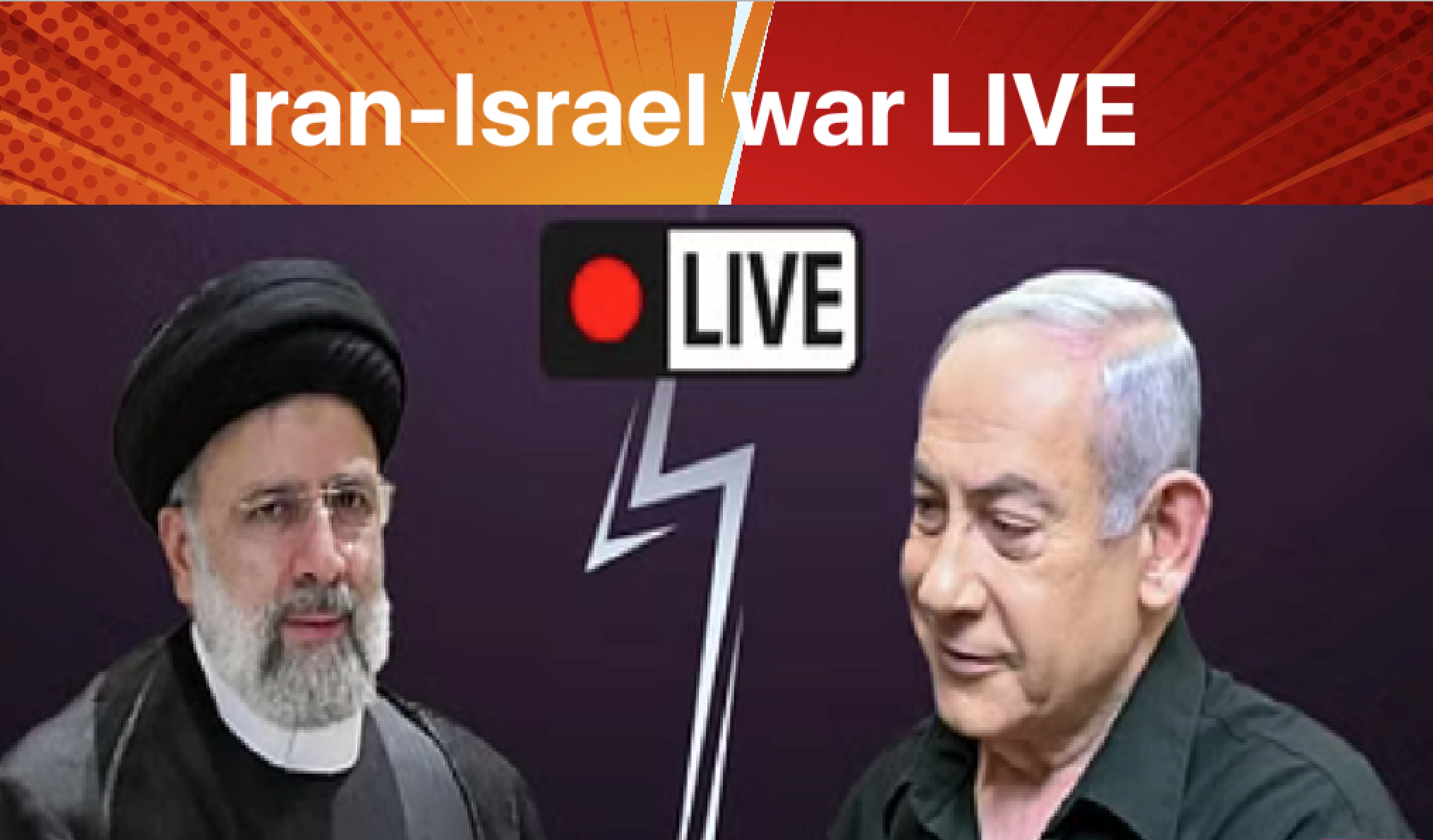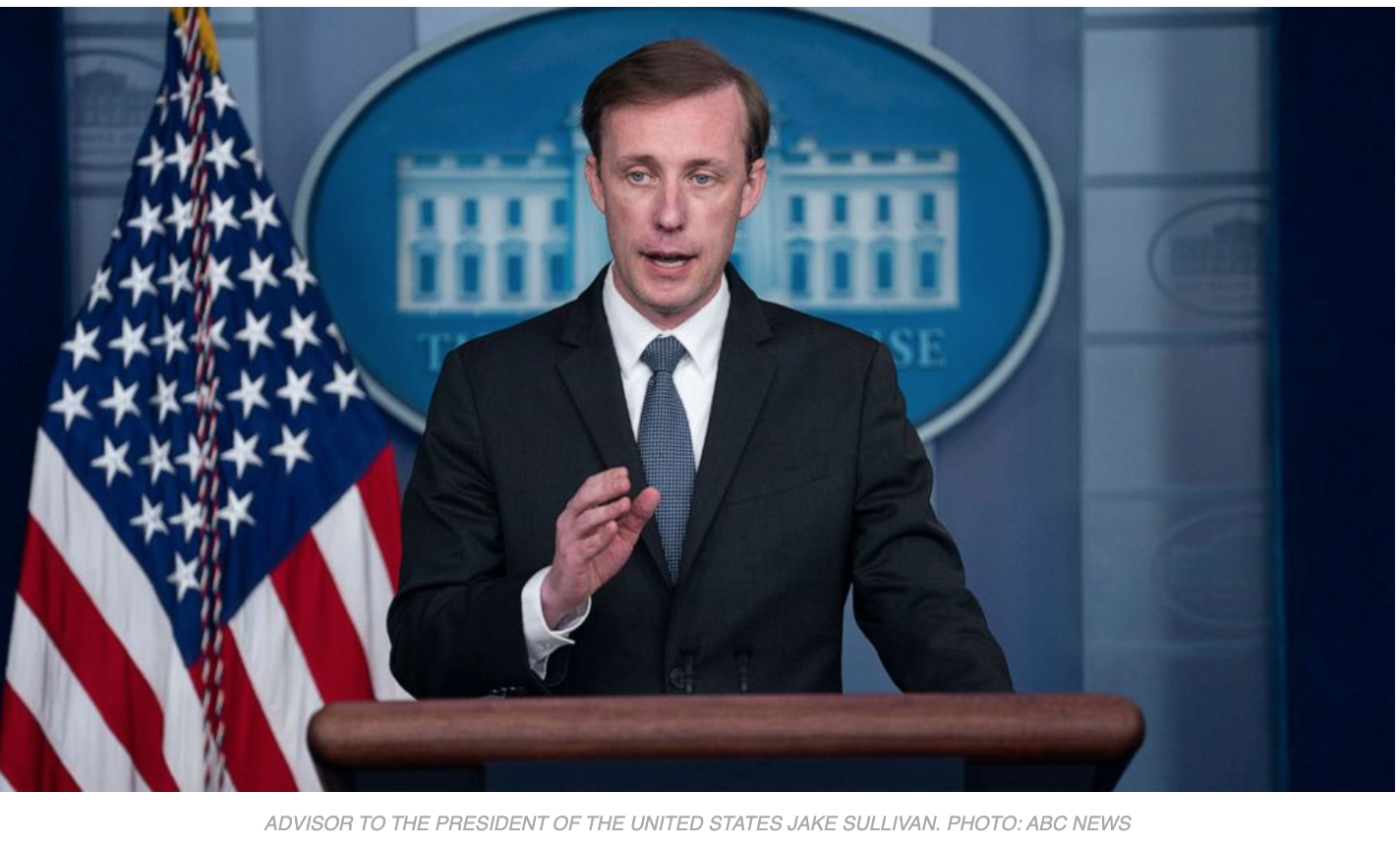Table of Contents
Netanyahu’s Plea for Peace Amidst Escalating Israel-Iran Conflict: Gaza’s Struggle in the Crossfire of War 2024

In the tumultuous landscape of the Middle East, the Israel-Iran conflict stands as a pivotal point of contention. The recent escalation has drawn global attention, with Prime Minister Benjamin Netanyahu of Israel making an urgent appeal amidst the crisis in Gaza. This blog post aims to delve into the complexities of this conflict, explore the underlying dynamics, and analyze Netanyahu’s plea for unity amidst Gaza’s turmoil.
At its core, the Israel-Iran conflict is rooted in geopolitical rivalries, historical tensions, and competing interests in the region. Israel views Iran as a significant threat due to its support for militant groups like Hezbollah and Hamas, its pursuit of nuclear capabilities, and its hostile rhetoric towards the Israeli state. On the other hand, Iran sees Israel as a regional adversary and a key ally of its rivals, particularly the United States.
The conflict has seen various manifestations over the years, ranging from proxy wars in neighboring countries to direct confrontations between Israeli and Iranian forces. The recent escalation, however, has brought the conflict to a boiling point, with Gaza bearing the brunt of the violence. The coastal enclave, home to nearly two million Palestinians, has been subjected to intense airstrikes and artillery barrages, leading to widespread destruction and loss of life.
In the midst of this crisis, Netanyahu’s urgent appeal carries significant weight. As the leader of Israel, he faces the daunting task of navigating a delicate balance between military response and diplomatic engagement. His call for unity underscores the gravity of the situation and the need for a coordinated response to the escalating violence.
Netanyahu’s plea for unity also reflects the internal challenges facing Israel. The country is deeply divided politically, with longstanding tensions between right-wing and left-wing factions. In times of crisis, such divisions can exacerbate the situation and undermine efforts to achieve peace and stability. Netanyahu’s appeal, therefore, serves as a rallying cry for national cohesion and solidarity in the face of adversity.
Moreover, Netanyahu’s message resonates beyond the borders of Israel, reverberating throughout the international community. As a key player in the Middle East, Israel’s actions and rhetoric have far-reaching implications for regional stability and global security. Netanyahu’s call for unity sends a clear signal to the world that Israel is committed to resolving the conflict through dialogue and diplomacy, rather than further escalation and violence.

Inside the Israel-Iran Conflict: Netanyahu’s Cry for Peace Echoes in Gaza’s Agony
In the intricate web of Middle Eastern geopolitics, the Israel-Iran conflict stands as one of the most enduring and volatile rivalries. At its core lies a complex interplay of historical animosities, regional power struggles, and ideological differences. Against this backdrop, Israeli Prime Minister Benjamin Netanyahu’s recent call for peace resonates profoundly, especially amidst the backdrop of Gaza’s ongoing suffering.
The conflict between Israel and Iran spans decades, rooted in geopolitical ambitions, religious disparities, and territorial disputes. Iran, with its revolutionary Islamic ideology and vocal opposition to Israel’s existence, has long been viewed as a primary adversary by the Israeli government. On the other hand, Israel perceives Iran’s nuclear ambitions and support for militant groups like Hezbollah as existential threats to its security and regional stability.
Netanyahu’s cry for peace amidst this conflict reflects the recognition of the devastating toll it has taken, particularly on the people of Gaza. The Gaza Strip, a densely populated enclave under the control of the Hamas militant group, has borne the brunt of numerous Israeli military operations and blockades, resulting in immense human suffering, infrastructure devastation, and economic hardship.
By urging an end to internal discord within Israel and emphasizing the need for peaceful resolution, Netanyahu acknowledges the humanitarian crisis unfolding in Gaza. His plea underscores the interconnectedness of regional stability and the imperative of addressing underlying grievances to achieve lasting peace.
Moreover, Netanyahu’s call for peace carries broader implications for regional dynamics. Amidst escalating tensions between Israel and Iran, his willingness to advocate for dialogue and reconciliation signals a departure from the cycle of hostility that has defined their relationship. It opens a window of opportunity for diplomatic engagement and de-escalation, offering a glimmer of hope for a peaceful resolution to the longstanding conflict.

Inside the Israel-Iran Conflict: Netanyahu’s Cry for Peace Echoes in Gaza’s Agony
In essence, encapsulates the multifaceted nature of the Middle East’s most enduring feud. It highlights the human cost of geopolitical rivalries and underscores the pivotal role of leadership in fostering peace and stability. Netanyahu’s appeal serves as a poignant reminder of the urgent need to transcend differences, bridge divides, and pave the way for a brighter future for all those caught in the crossfire of conflict.

Conclusion : Israel-Iran conflict
In conclusion, the Israel-Iran conflict represents a complex and multifaceted challenge with profound implications for the Middle East and beyond. Netanyahu’s urgent appeal amidst Gaza’s crisis highlights the need for a concerted effort to address the underlying issues driving the conflict and to work towards a sustainable peace. As the situation continues to unfold, it is imperative for all stakeholders to heed Netanyahu’s call for unity and to redouble their efforts towards a just and lasting resolution.




